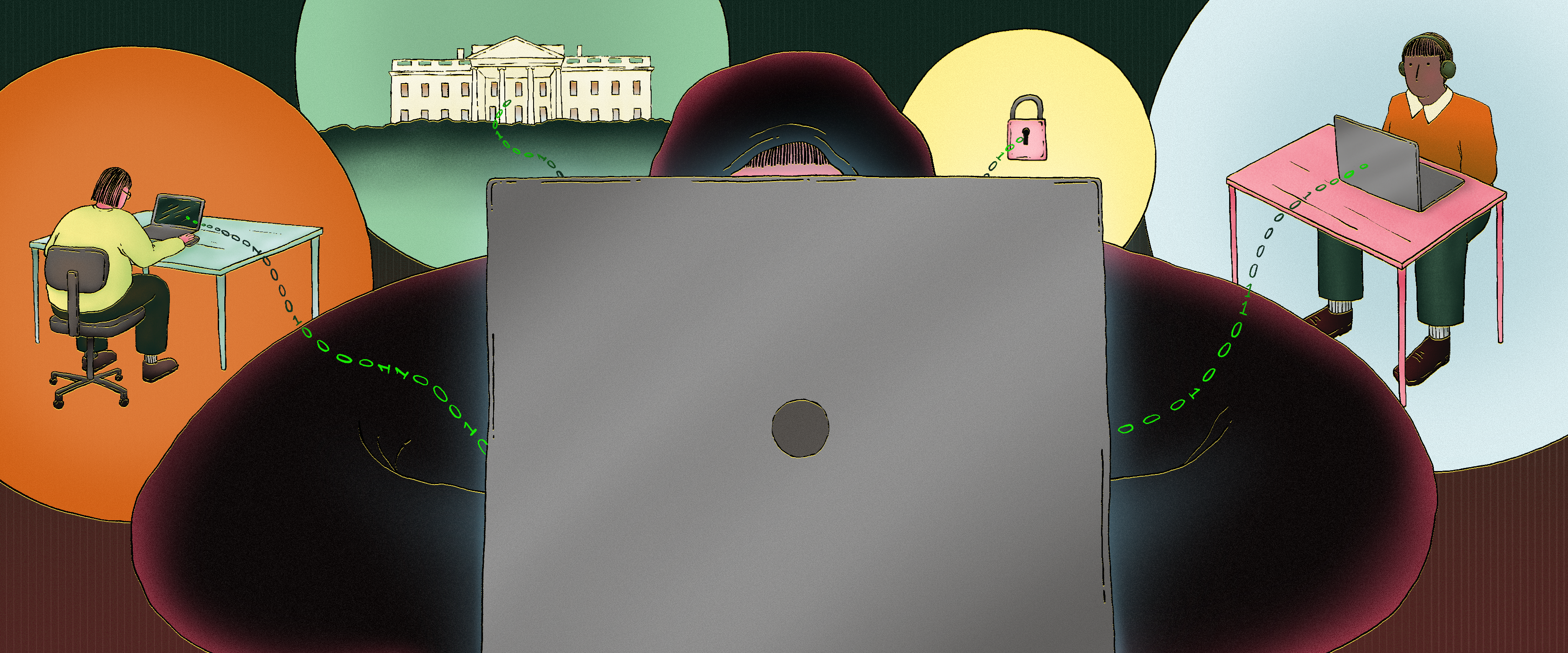Cult of the Dead Cow sounds like a group that meets to discuss the sinister end of the world or pulls strings to influence the highest echelons of government. In reality, it is a hacker group founded in 1984 with the goal of using technology to bring about social and political change. It does so by supporting protesters, releasing information inaccessible to the public, and challenging corporations it sees as enemies. Since the group’s foundation, other ‘hacktivists’ have emerged as a force for change.
What should and should not be public knowledge is an increasingly contentious subject. The complexity of these debates is illustrated by WikiLeaks’ 2016 revelations of potential wrongdoing by Hillary Clinton’s presidential campaign. While Clinton’s use of a private email server and her campaign’s questionable fundraising tactics arguably should be public knowledge, WikiLeaks obtained this information through Russian hackers who gained access to her campaign chairman’s email in order to undermine her presidential bid.
Regardless of one’s views on WikiLeaks, it is clear that hacking can quickly become a malignant threat. However, it can also be a powerful tool for social transformation: Hacktivism can serve as an efficient way to unveil information hidden from the public. It has proven to be an effective means of both confronting government and corporate wrongdoing in the United States and targeting bad actors like ISIS and the Kremlin.
Hackers are differentiated by their methods. While white hat hackers are cybersecurity experts hired to find and fix vulnerabilities, black hat hackers seek to steal data or damage digital systems. One notable example of a black hat group was Lizard Squad, which shut down various video game servers in 2014. Though hacktivists are technically black hat hackers, rather than hacking for profit or infamy, they seek to publicize information for the public good.
Anonymous, one of the largest hacktivist groups worldwide today, aims to fight censorship and expose government surveillance, human rights abuses, and restrictions upon freedom of speech. Since its founding in 2003, it has targeted a variety of corporations, organizations, and governments to promote its guiding principles. The group first targeted the Recording Industry of America and the Motion Picture Association of America after these organizations attempted to limit the pirating of copyrighted material. In 2015, it targeted ISIS after the Paris attacks by shutting down their websites and social media accounts. Anonymous also hacked PayPal after the platform blocked donations to WikiLeaks and its founder, Julian Assange—a move that allegedly cost PayPal over $4 million.
Most recently, Anonymous declared cyberwar on Russia after President Vladimir Putin’s invasion of Ukraine. It has interfered in Russian government news and corporate websites and leaked data from entities like Roskomnadzor, the federal agency responsible for media censorship in the country. Despite operating outside of official international efforts to combat Russian revisionism, Anonymous reveals the power of hacktivists to challenge hostile states through cyberattacks, which are a cheaper and more effective alternative to other forms of warfare.
Anonymous is by no means the only large hacking group currently in operation. Similarly promoting transparency in government, the group Chaos Computer Club revealed the German police’s Staatstrojaner program, which wiretapped and extracted computer information from suspected criminals. Dragonfly, another hacking group, targets energy sector companies and notably disrupted Ukraine’s power system in 2015 and 2016.
Additionally, some hacktivists operate solo. On January 12, the Swiss hacker maia arson crimew—whose name is stylized to be all lowercase—stumbled upon an unsecured network that held the US no-fly list. She subsequently released it to the public, revealing the list’s disproportionate representation of names of Russian and Middle Eastern origin. Now, civil liberties groups, like the Council on American-Islamic Relations and the American Civil Liberties Union, are filing lawsuits against the Department of Justice and the FBI, citing discrimination. arson crimew, who has been indicted by the Western District of Washington, D.C., for conspiracy, wire fraud, and aggravated identity theft due to an unrelated incident, is now being investigated by US and Swiss authorities. While the merits of the hack are contested, arson crimew successfully achieved her goal: She sparked backlash against the alleged biases of the no-fly list, demonstrating hacktivism’s ability to initiate social change.
Hacking attacks like arson crimew’s raise questions about the extent to which government-kept secrets should become public information. Hacktivists constantly toe the line between compromising national security and democratizing public knowledge. While some hacktivist efforts, like those of Anonymous and arson crimew, have the potential to cause enduring damage, they have also proven socially useful. Thus, the question remains: Do the ends justify the means?
